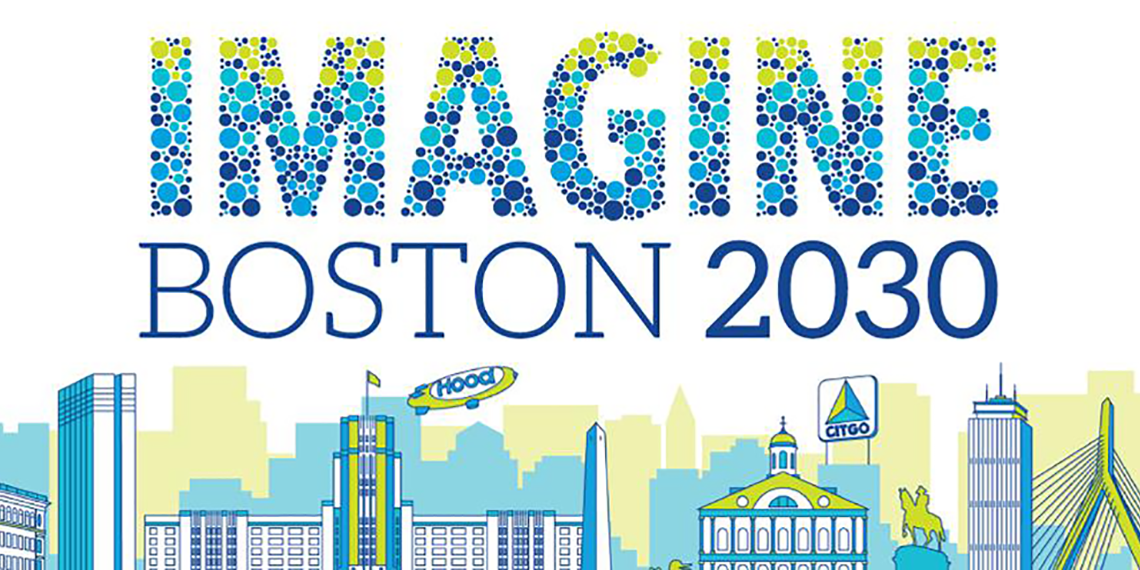
- On March 07, 2017
- In Affordable Housing
IMAGINE BOSTON 2030: What’s been Done and What’s to Come in 2017
Since Mayor Martin J. Walsh rolled out his Imagine Boston 2030 initiative in 2015, which vows to develop 53,000 new units of housing by 2030, we have been closely following the promises he’s made and progress that has occurred. Today, affordable housing is more critical than ever, as seen by a U.S. News & World Report study that ranked Massachusetts 44th in the nation for housing affordability. However, Mayor Walsh’s Administration is tangibly improving the City’s available housing stock, aiming to reduce prices through bolstering supply. Here are a few updates on how the City of Boston has been promoting affordable housing over the past months. According to the Boston 2030 3rd Quarter Report for 2016, the City’s housing initiative has already created approximately 40,500 residential units, with 21,720 units in the development pipeline and an additional 18,786 units either permitted or complete. To date, this progress has produced 422 units for extremely low-income families (earning under 30% area median income (AMI); 1,467 units for low-income families (earning under 60% AMI); and 284 units for low-income elderly individuals (earning under 60% AMI). Further, Imagine Boston 2030 has been addressing Boston’s affordable housing crisis by securing and allocating public financial resources. For instance, on February 14, Mayor Walsh announced that $22 million in local, federal and linkage funds will go towards financing ten affordable housing projects, creating or preserving 602 total housing units throughout Dorchester, Jamaica Plain, Mattapan, Downtown and The Fenway. This announcement not only preserves workforce diversity within our communities but strives to eliminate chronic homelessness and aid extremely low-income families by reserving 77 units for severely impoverished households. Though there is much more to be done, it is good to see some of the progress made by Imagine Boston 2030 in supporting low-income households at risk of displacement or further financial hardship. IBA continues to advocate to find unique, innovative development and financial solutions to grow and sustain the communities that constitute Boston’s tremendous cultural and socioeconomic fabric. We are proud to be working to develop housing opportunities for low-income households and minority residents in Boston. For more information on how you can support IBA, please visit our page: /donate/...
